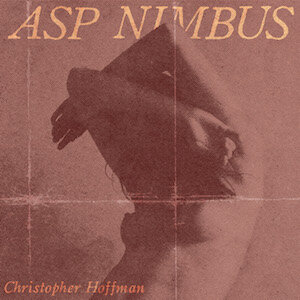Label: Sunnyside Records, 2021
Personnel - Jennifer Wharton: bass trombone; John Fedchok: trombone; Alan Ferber: trombone; Nate Mayland: trombone; Michael Eckroth: piano, Fender Rhodes; Evan Gregor: bass; Don Peretz: drums.
The versatile bass trombonist Jennifer Wharton manages to give her instrument a rare major role in a contemporary jazz group. The follow-up to the Bonegasm eponymous debut is called Not a Novelty, which, in a similar fashion, features the rich quadruple 'trombonism' provided by John Fedchok, Alan Ferber, Nate Mayland and Wharton herself. The rhythm section consists of piano, bass and drums, and their chairs are occupied by Michael Eckroth, Evan Gregor and Don Peretz, respectively.
The album sails off with "BonGasmo", a feel-good expedition that finds the sweet spot where modern jazz meets traditional Cuban music. The piece, written by Eckroth for the Havana-based Orquestra Akokán, is enriched with piles of rhythmic accents and slippery curves, having the guest percussionist Samuel Torres focused on his craft to propel it with the right feel. Another Cuban-infused piece is pianist Manuel Valera’s “La Otra Mano”, and we can also spot a great deal of Latin jazz on the Ayn Inserto-penned “Blue Salt”, a shapeshifter that suggests a delicious bop feel before mutating into a lush Latin fantasy with modal flair. Wharton plays with soul until a swinging groove is installed, buoying up Fedchock’s solo.
Fascinating arrangements give personal definitions not just to Remy LeBoeuf’s “Face Value”, a post-bop enlightenment filled with refined melodic and harmonic impressions, but also to Alan Ferber’s “Union Blues”, which, inspired by Mark Turner’s “Iverson’s Odyssey”, shows us how to take a blues to tonally attractive territories.
Ferber’s arrangement of Chris Cheek’s “Ice Fall” is simply graceful, allowing a subtle pop liquidity to permeate the post-bop surface while maintaining the triple time feel of the original. Eckroth’s beautiful solo, so rich in melody, is followed by the four trombonists who alternate bars with a linear storytelling in mind. Peretz concludes the improvisations by stretching over a vamp.
Fedchock composed the sweet ’n breezy “Little Cupcake” for Wharton, his wife, and the warmth is perceptible throughout. This piece precedes the record’s surprising conclusion, a rendition of Soundgarden’s grunge song “The Day I Tried to Live”, where guest singer Kurt Elling emulates phrases with wah-wah effect as a response to Wharton’s sounds. The illustrious leader of the Secret Society ensemble, Darcy James Argue, is behind this arrangement.
If you like your jazz with multiple flavors and clever arrangements, then you have many good reasons to go for this one.
Grade B+
Favorite Tracks:
02 - Face Value ► 03 - Ice Fall ► 10 - The Day I Tried to Live








































